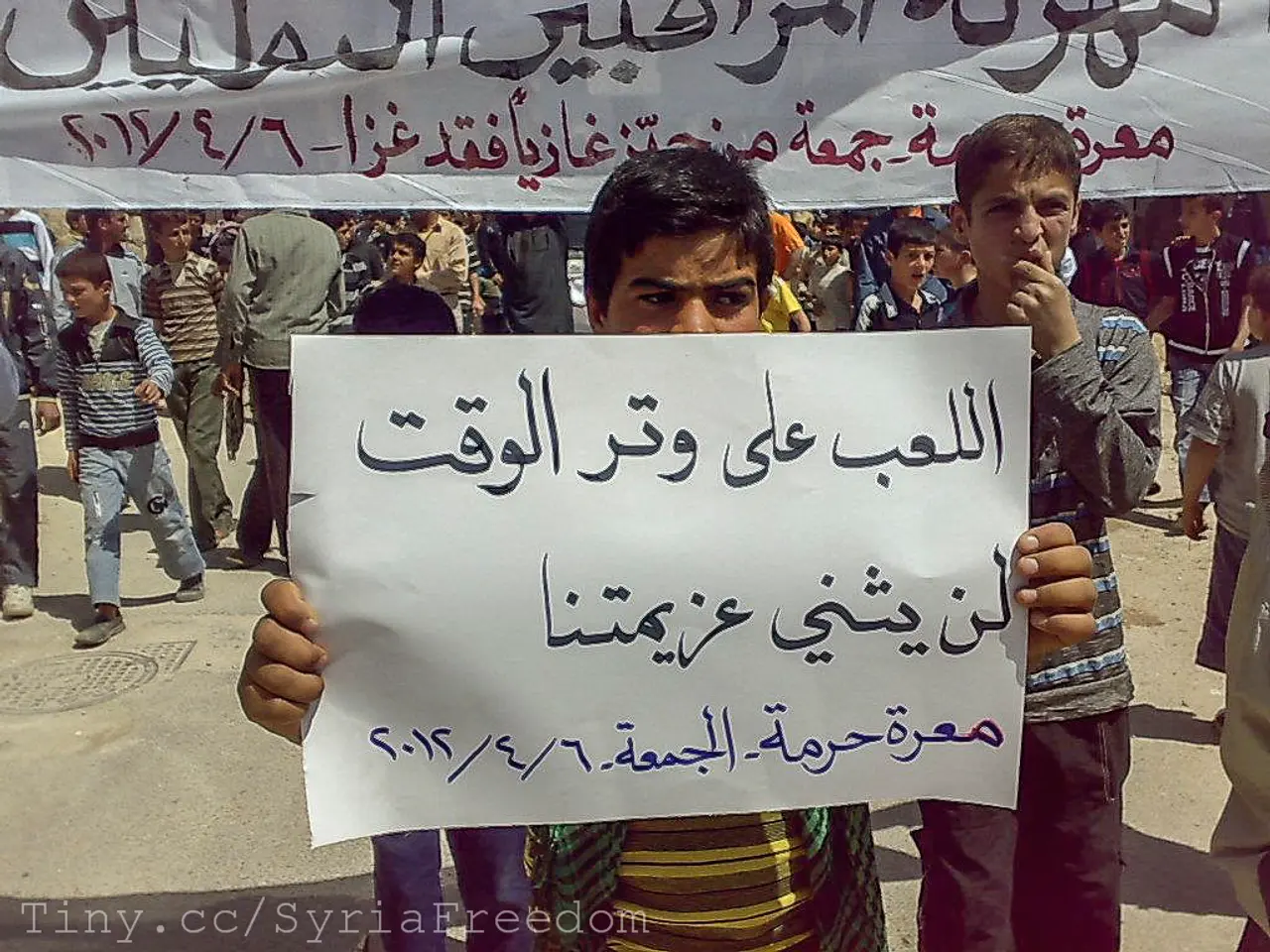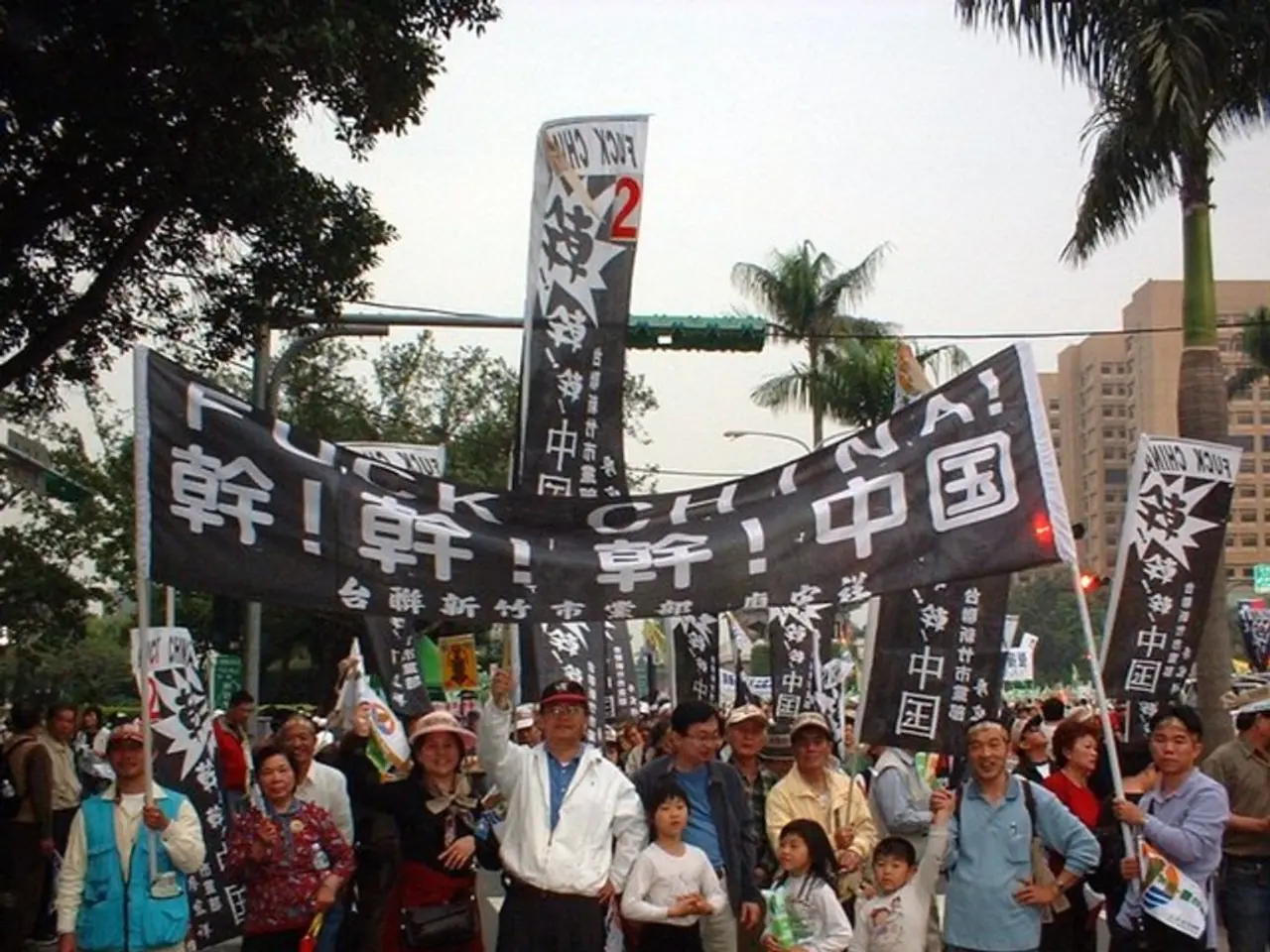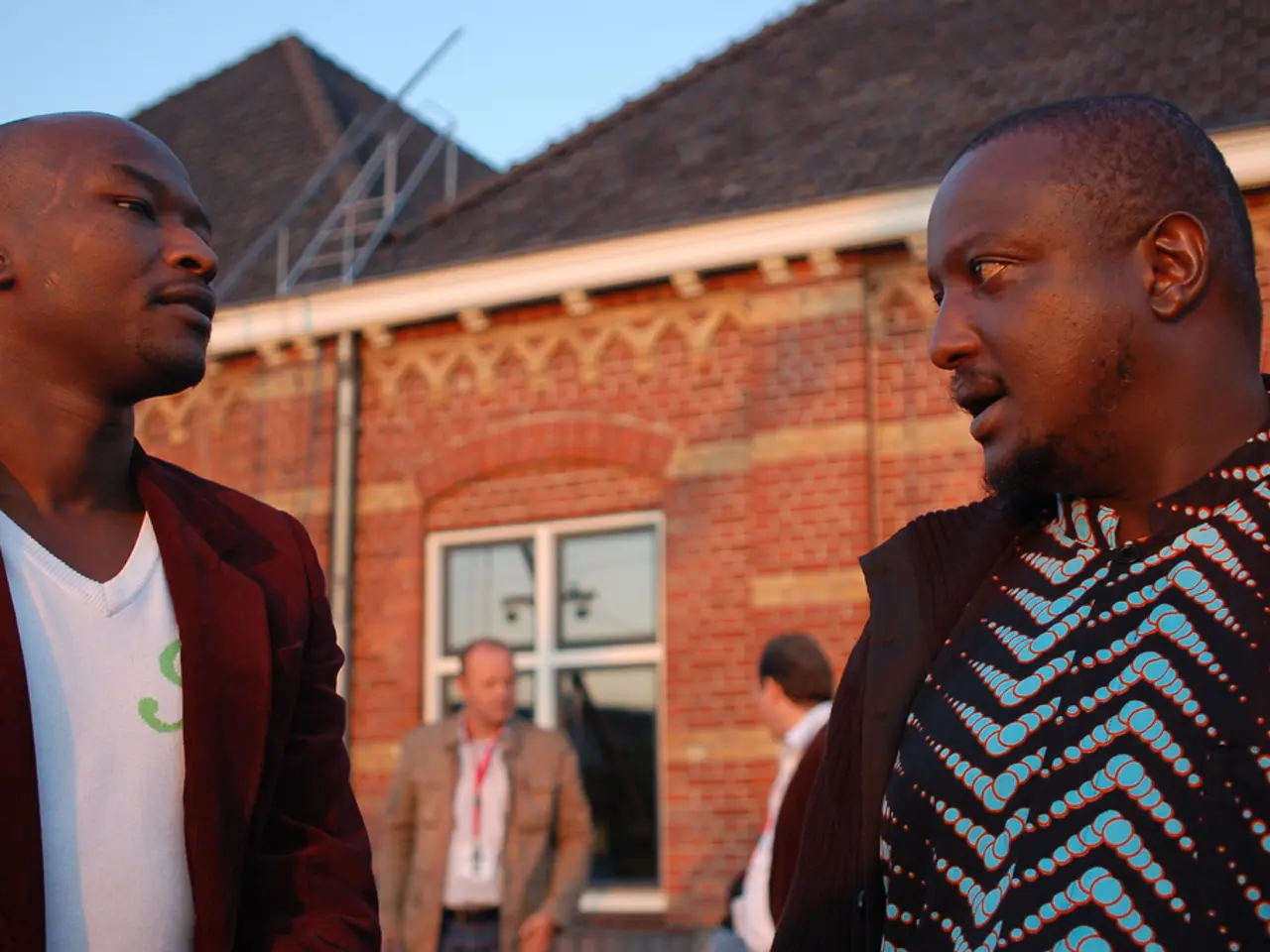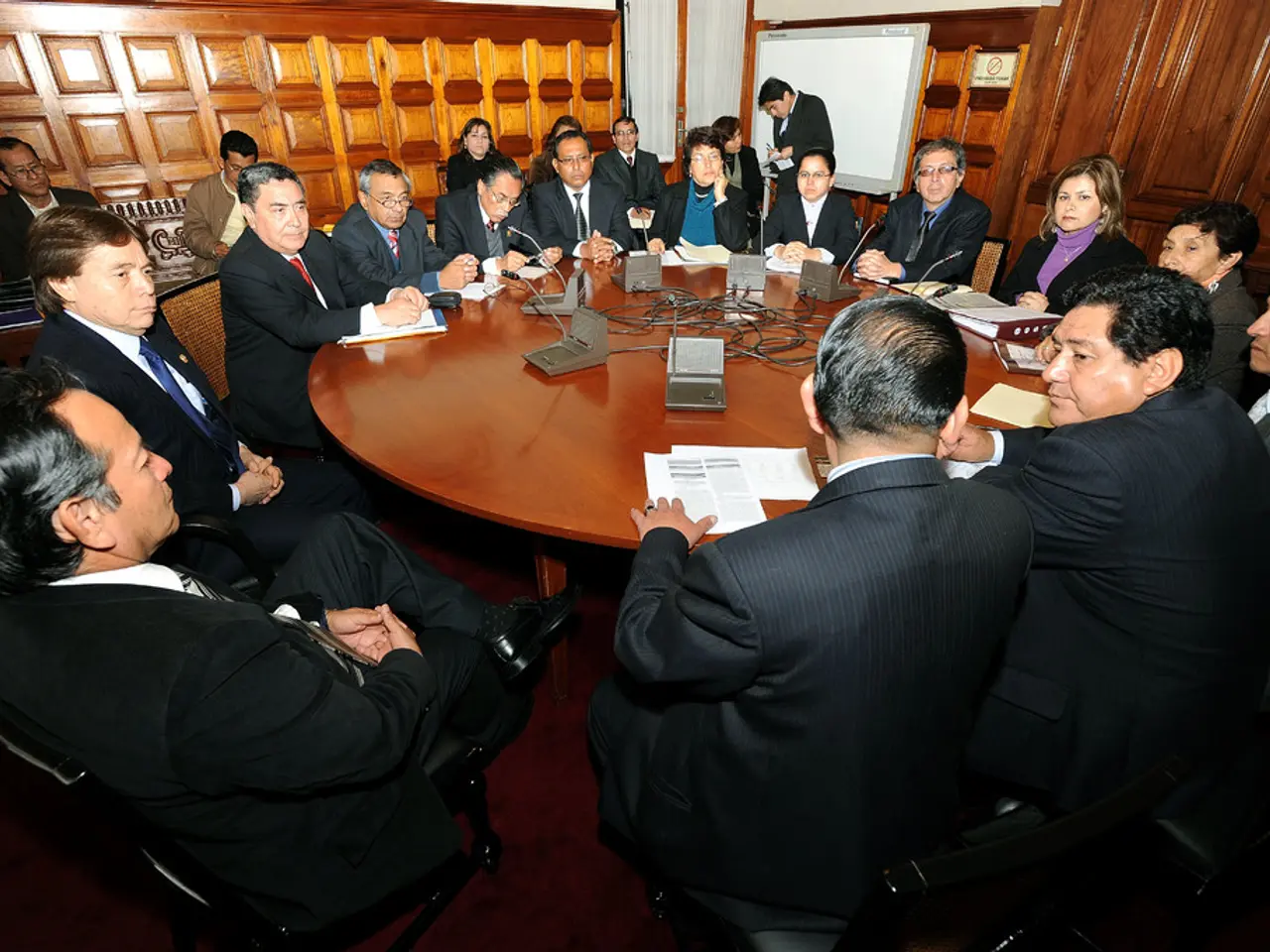Pro-Palestinian Activist Group Palestine Action Labeled as Terrorist Organization
The UK government's decision to proscribe Palestine Action, a pro-Palestinian activist group, as a terrorist organisation under the Terrorism Act 2000 has sparked a significant debate over national security, civil liberties, and activism.
The proscription, which is set to be formally laid before Parliament on June 30, means that membership in or support for Palestine Action becomes a criminal offence punishable by up to 14 years in prison. This includes not only direct involvement but also expressions of support, such as social media posts or wearing logos linked to the group.
The decision follows evidence of Palestine Action's involvement in various attacks on defence-related facilities, most notably damaging military equipment and causing over £1 million in damage to defence contractors like Thales in Glasgow. The UK government justifies the proscription by highlighting acts involving serious violence or damage to property that endanger life or public safety, fulfilling the Terrorism Act's criteria for terrorism.
However, this move raises serious concerns regarding freedom of association and expression, foundational rights in liberal democracies. Critics argue it risks conflating civil disobedience and protest with terrorism, thereby chilling lawful dissent and activism, especially around politically sensitive issues like Palestine. There is debate about where the legitimate boundaries of protest lie, and fears that this could set a precedent where disruptive but non-violent political activism is criminalized as terrorism.
The proscription marks a major escalation, as it is reportedly the first time a direct action group whose tactics are primarily property damage rather than violence against people has been proscribed alongside groups like ISIS and al-Qaeda. This could have wide-reaching implications for civil liberties and the space for activism in the UK.
The government aims to curb the group's influence and prevent further attacks that threaten national security and the UK's defence industry. It also emphasizes the need to align with international counter-terrorism efforts and protect British nationals at home and overseas.
The proscription has sparked a public and political debate over the balance between national security and protecting democratic freedoms. Peaceful advocacy for Palestinian rights remains protected, according to the government, but the line has been drawn against groups engaging in violent or destructive actions.
Notable public support for Palestine Action was evident with hundreds of protestors showing up at an impromptu demonstration in Trafalgar Square. Irish novelist Sally Rooney voiced her solidarity with Palestine Action in an op-ed for The Guardian. However, Labour MP Zarah Sultana called for followers to "defend the right to protest," while Independent MP Jeremy Corbyn released a statement calling the proposal "absurd."
The ban on Palestine Action is widely expected to pass both Houses following Cooper's presentation on June 30. Authorities will gain broad powers to seize materials, ban protests, and enforce terrorism-level restrictions. The Metropolitan Police chief Mark Rowley has described Palestine Action as an "organized extremist criminal group."
This decision could mark a turning point in UK protest policing, targeting non-violent, cause-based activism. Those found in breach of the ban could face up to 14 years in prison. The proscription of Palestine Action places them on the same legal footing as groups like Hamas, al-Qaeda, and ISIS.
- The proscription of Palestine Action, a pro-Palestinian activist group, raises concerns about the potential for chilling lawful dissent and activism, particularly around sensitive issues like Palestine.
- The move to label Palestine Action as a terrorist organization under the Terrorism Act 2000 could have wide-reaching implications for civil liberties and the space for activism in the UK, as it seems to conflate civil disobedience and protest with terrorism.
- While the government's aim is to curb Palestine Action's influence and protect national security, critics argue that this decision could set a precedent where disruptive but non-violent political activism is criminalized as terrorism.
- The proscription of Palestine Action, which includes expressions of support such as social media posts or wearing logos linked to the group, marks a major escalation in protest policing in the UK, potentially targeting non-violent, cause-based activism.






